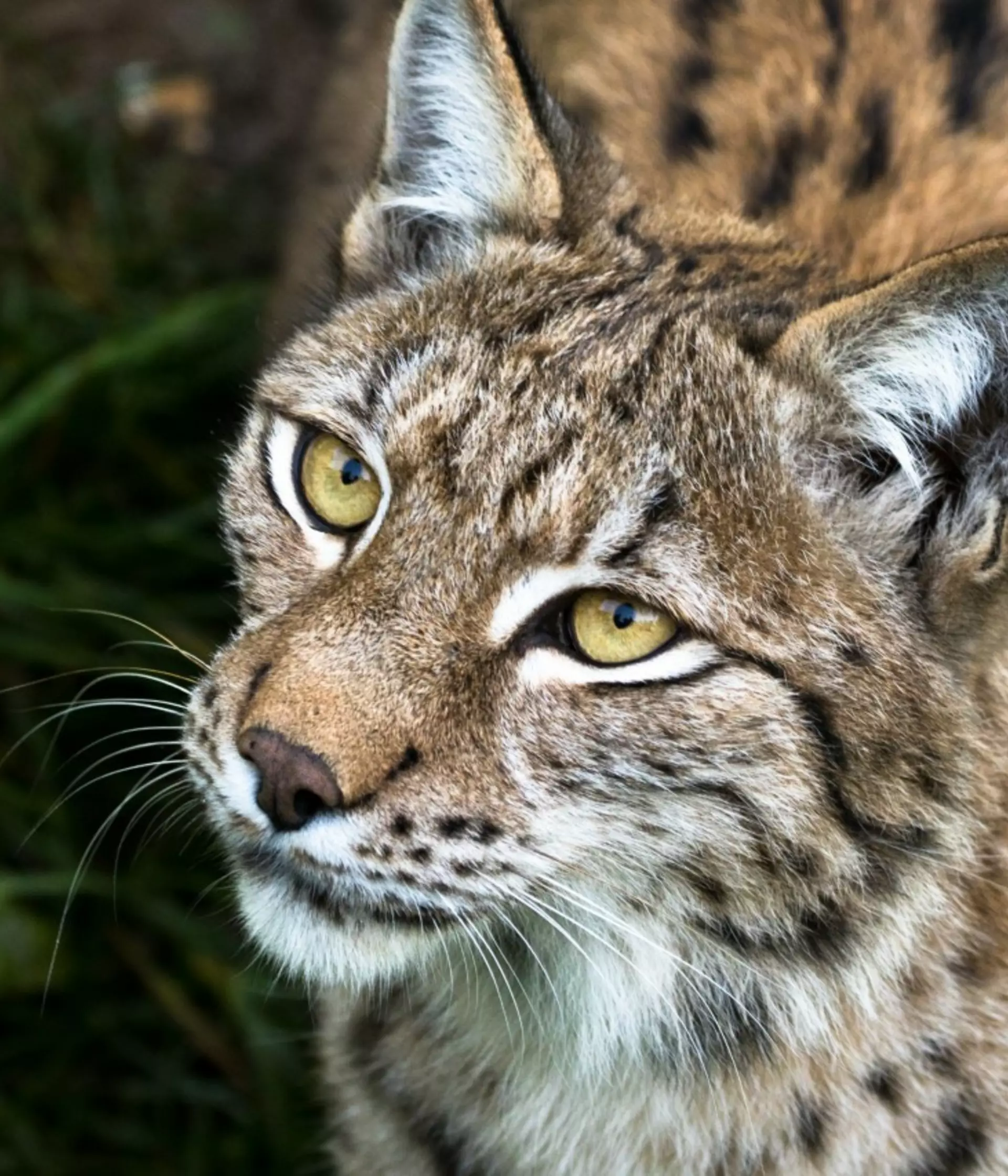In-person
Previous Event
Once widespread across Europe, by the middle of the last century Eurasian lynx were on the brink of extinction.
This collapse in population was driven by persecution, deforestation, loss of wild prey and, in some cases, government-led eradication. However, the species managed to cling on in four small isolated populations towards the northern and eastern edges of Europe. The survival and resurgence of Eurasian lynx, to a current population of approximately 8,000 individuals across 25 countries in continental Europe, is one of conservation’s success stories. But this recovery did not happen accidentally – it came as a result of dramatic changes in wildlife policy and public attitudes that led to natural expansions in the lynx range, and the implementation of ambitious reintroduction programmes that have restored lynx to previously inhabited areas.
This event provided an opportunity to hear from experts and practitioners about Eurasian lynx recovery programmes in Europe and to learn about opportunities for, and barriers against, the reintroduction of lynx in Britain, more than 500 years after the species went extinct.
Speakers
- Dr David Hetherington, Ecologist and Author of The Lynx and Us
- Dr Urs Breitenmoser, KORA and co-chair of the IUCN Cat Specialist Group
- Katherine Walsh, Natural England
This event was chaired by Professor Sarah Durant, Institute of Zoology, ZSL.
Catch up on the event on our YouTube channel here or watch below:
If you watched the event live, please give us your feedback – it should only take 5 minutes, and your answers will help us measure our impact and share future events:
Download the Abstracts and Speaker Biographies
abstracts and speaker biographies
Further Information
- For enquiries about this event, please email scientific.events@zsl.org.
- For press enquiries, please contact the ZSL Press Office: press.office@zsl.org.
- Listen to our ZSL Wild Science podcast here or subscribe on your favourite podcast app.
- Follow us on Twitter @ZSLScience to hear about new publications from our researchers, upcoming events and podcast episode releases.
- Follow us on Facebook @ZSLScienceAndConservation to receive notifications about new events.
- To catch up on all our recorded previous events, you can subscribe to our YouTube channel.
- For more information about how to join the ZSL Fellowship programme and engage with a network of thousands who are shaping the future of conservation, please click here.
